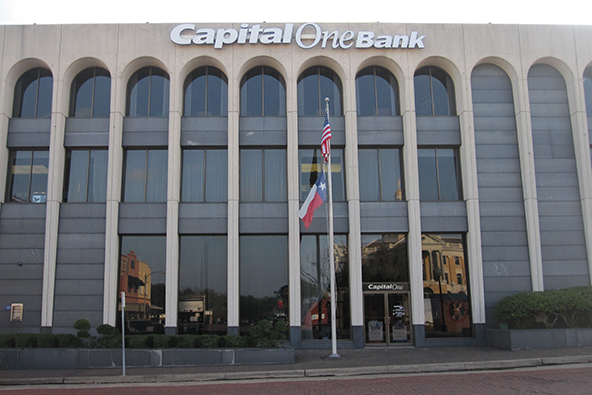Your Credit Card Complaint Is Now Public

The Consumer Financial Protection Bureau (CFPB) is making public information about individual credit card complaints filed with the agency. Everyone can now go to the new Consumer Complaint Database on CFPB’s website and see what grievances Americans are having with their credit card companies and how they are resolved. At present, information is available for complaints filed on and after June 1st of this year, but we are promised access to older data “later this summer.”
The CFPB plans to eventually expand the new database to include complaints about other financial products, such as mortgages, student and other consumer loans and bank accounts (checking and savings). For now, however, the database is all about credit cards and it’s worth a closer look. Let’s take it.
The Consumer Complaint Database
The database is freely available to everyone and for now it features 11 data fields, providing information about the type of issue the consumer is complaining about, the financial company that is managing the account, how the complaint is resolved, etc. Here is the database for you to examine (it’s interactive, so you can play with the data):
As you can see, no personal information, such as cardholder name, credit card number, or mailing address (other than the ZIP code), is disclosed so consumers’ privacy is well protected. And in any case, such personal information is not really needed. Here is how the CFPB describes the process of handling consumer complaints:
When a consumer files a complaint, Consumer Response intake specialists review each one for completeness, jurisdiction, and non-duplication. Complaints that meet these criteria are then forwarded to the appropriate company (bank or nonbank) for review and resolution. Companies are given 15 days to provide a substantive response to each consumer complaint, and are expected to resolve and close all but the most complicated complaints within 60 days.
Not all complaints, however, are created equal:
Consumer Response prioritizes for investigation certain complaints based on a handful of risk-based criteria including the failure of a company to respond in a timely manner and those in which the consumer disputes the company-provided resolution. When potential legal violations are detected, Consumer Response works closely with other parts of the Bureau including the offices of Supervision, Enforcement, and Fair Lending to ensure potential violations are dealt with appropriately.
We don’t know precisely what dealing “appropriately” with a violation means, but presumably in such cases the agency would contact the involved card issuers and force them to get the issue resolved.
The CFPB Takes a Page from BBB’s Book
One of the first impressions the new database made on me was its close resemblance to the Better Business Bureau’s company review system (see UniBul‘s page, for example). In fact, apart from some cosmetic details, the two platforms are virtually identical. Here is how the BBB system works. Consumers would go to BBB’s website, locate the company with which they want to file a complaint, select the type of issue and make a comment. Then the BBB would contact the company and notify them about the complaint. At this point the company could try to resolve the issue and the outcome — positive, negative or neutral — would be reflected in the company’s BBB rating and that would be it. Up until this last stage, CFPB’s complaint resolution process is pretty much the same.
Now, the difference between the two systems is that, while the BBB, which is a privately held corporation, can’t force a business to take any action in regard to any of the complaints filed against it, the CFPB appears to have at least some enforcement power. As I already mentioned, we don’t know exactly what this is, but I’m sure we’ll learn more about it in the coming months.
The Takeaway
I do like the new database and think that, whatever the bureau’s enforcement prerogative, card issuers will be under more pressure to get these complaints resolved than they are at present. After all, none of them would want to be exposed to the public as being the most complained-about credit card company in the country (as was the case with Barclays in the U.K.).
For example, I don’t think that Capital One would be happy to learn that it leads its peers in the number of complaints filed against it (there have been 33 of them since the beginning of June) and would presumably try to climb down the table. Moreover, the blogosphere is already abuzz with comments to the effect that, despite being only the fifth-biggest U.S. card issuer, Capital One has still managed to outscore its rivals in this unenviable list. So yes, I can see how we can benefit from having information about our complaints published in CFPB’s database.
Image credit: Wikimedia Commons.


